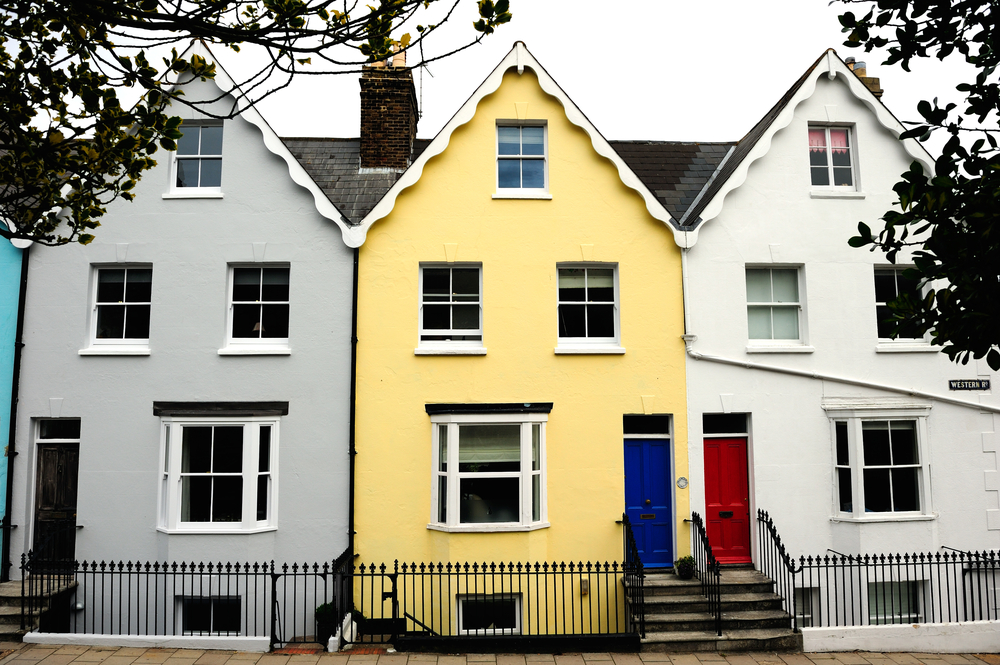 According to the mortgage lender’s latest house price index, prices fell by 0.2% between June and July this year which means the average house price in the UK now stands at £236,120.
According to the mortgage lender’s latest house price index, prices fell by 0.2% between June and July this year which means the average house price in the UK now stands at £236,120.
When compared to the same time last year, house prices have experienced growth, however. Halifax said there was a 4.1% rise in average prices annually and a 0.4% hike between the first and second quarters of the year.
Russell Galley, managing director of Halifax, said: “The average UK house price fell slightly for the second month as the market continues to tread water with marginal increases and decreases in each monthly period.”
However, he added that despite the current economic uncertainties, overall the market remained pretty stable and average prices had actually only fallen by less than £600 in the last three months.
Waiting for Brexit
Mortgage and property experts agreed the latest figures were a reflection of the current political situation. Households, they said, were waiting to see how things played out following the Brexit deadline on 31 October.
But there were also hints from Prime Minister Boris Johnson that he might make changes to stamp duty.
Mark Harris, chief executive of mortgage broker SPF Private Clients said: “Until the Brexit deadline of 31 October has passed, it seems very unlikely that there will be a serious uptick in activity. Even then, we may also see people holding fire in anticipation of Boris Johnson reforming stamp duty.”
Skewed picture
However, others think the figures did not tell the full story. Shepherd Ncube, CEO of estate agent, Springbok Properties, said: “The problem with these indexes is that they paint a very generalised picture of the property market.
“Almost nowhere in the UK is performing at the ‘averages’ seen here with London and the South East continuing to drag the national data down with significant decreases in value.
“The north though, in contrast, is indeed a powerhouse currently with house prices running ahead at ‘non-Brexit’ rates. Is it a coincidence, I wonder, that many of these areas were ‘Leave’ voting?”




